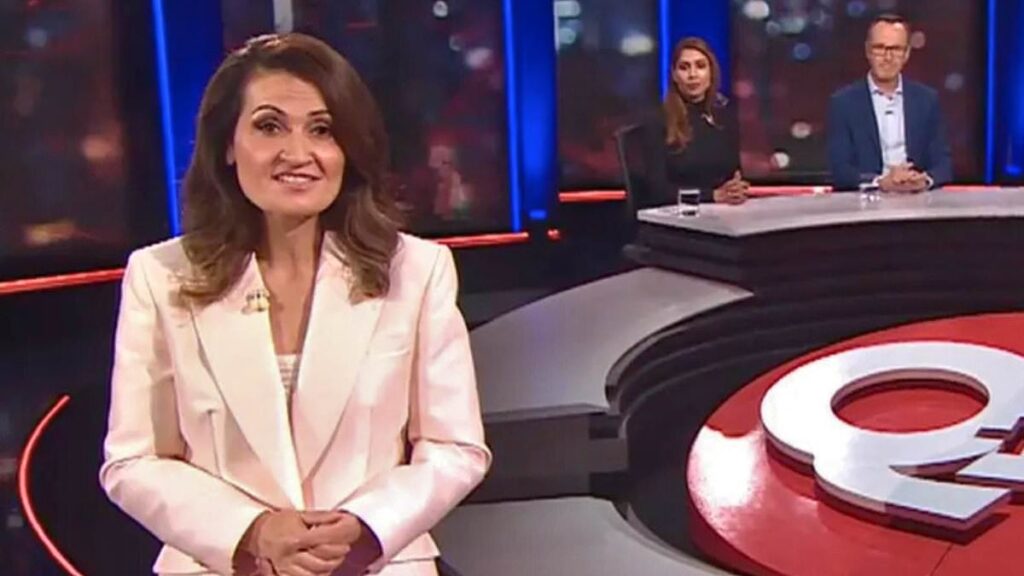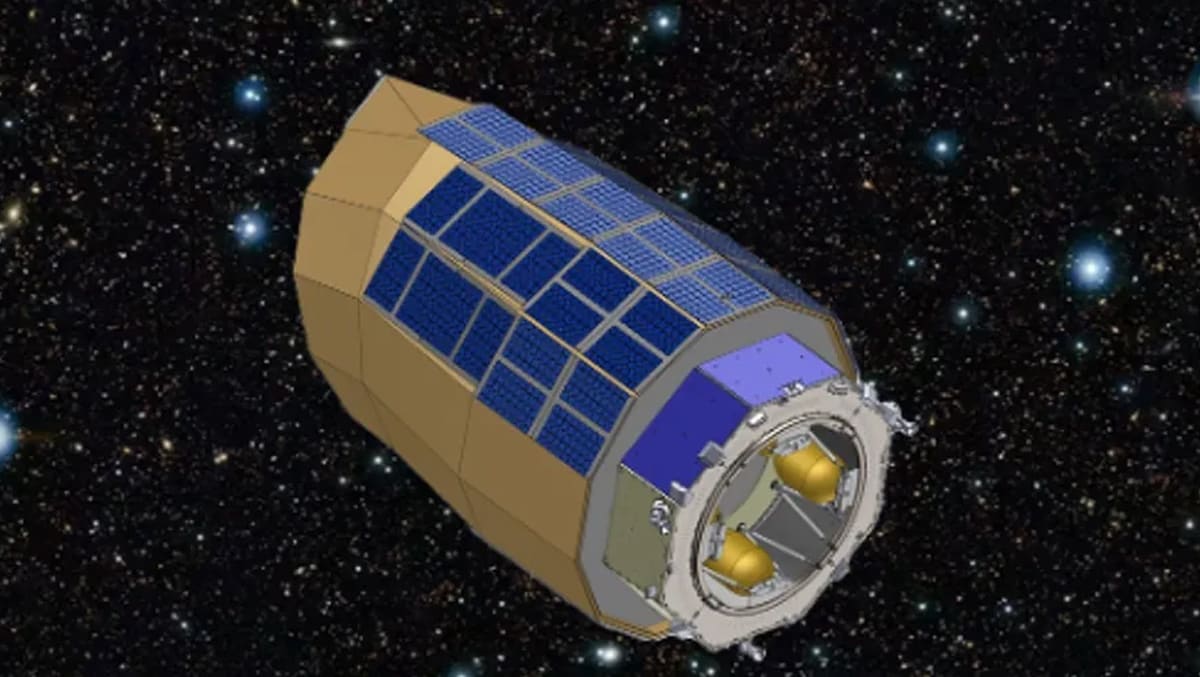
In a rapidly changing media landscape, the recent cancellation of the once-popular ABC program Q+A marks a significant moment in the ongoing decline of free-to-air (FTA) television in Australia. At the same time, Tasmania finds itself embroiled in political chaos, with the state heading towards its fourth election in just seven years. These developments highlight the challenges facing both traditional media and political systems in the country.
The Decline of Free-to-Air Television
The demise of Q+A, a program that once drew over a million viewers, underscores the struggles facing FTA television. After the departure of its original host Tony Jones, the show suffered from poor hosting, an unfortunate time slot change, and a shift towards less engaging content. This reflects a broader trend where legacy media, particularly FTA television, is losing its grip on audiences.
Historically, FTA television thrived on three main content types: news and current affairs, entertainment, and sports. However, with the rise of digital media, these areas have shifted online. News is now accessed more conveniently through digital platforms, sports are streamed live, and entertainment is dominated by global streaming services offering ad-free content and immediate access to entire series.
“The days of hitting the couch to watch a show locked in a time slot are over.”
As viewers increasingly turn to online sources for information and entertainment, FTA television struggles to maintain relevance. Ratings continue to decline, and younger audiences, accustomed to platforms like YouTube, are particularly elusive.
The Role of the ABC
The Australian Broadcasting Corporation (ABC), as a public broadcaster, faces unique challenges. Despite receiving substantial taxpayer funding, the ABC is criticized for its perceived bias and lack of engaging content. As audiences migrate online, the ABC’s role and funding are subjects of ongoing debate.
The decline of FTA television may necessitate a reevaluation of the ABC’s purpose. Should it continue as a traditional broadcaster, or pivot towards a more digital-focused approach? This question remains unanswered as the media landscape evolves.
Tasmania’s Political Upheaval
Meanwhile, Tasmania is experiencing significant political instability. The state is preparing for its fourth election in seven years following a narrow no-confidence vote against Premier Jeremy Rockliff. The governor’s decision to call another election reflects the dysfunction within the state’s political system.
At the heart of the political turmoil is a contentious debate over fiscal responsibility, particularly concerning the proposed construction of a new stadium to support the incoming AFL team, the Tasmanian Devils. The project’s fate remains uncertain, with potential implications for the state’s economic future and its relationship with the AFL.
“Tasmanians are growing tired of all the uncertainty.”
The Hare-Clark System
Tasmania’s electoral system, known as the Hare-Clark voting system, contributes to the political volatility. This system, which emphasizes proportional representation, often results in fragmented parliaments and frequent elections. The upcoming election may bring change, but the state’s diverse constituencies make outcomes unpredictable.
The potential withdrawal of AFL support if the stadium project fails adds another layer of complexity. The financial implications for a state already facing economic challenges are significant, and the outcome of the election could determine the future of Tasmania’s involvement in the AFL.
Labor’s Slow Start
In federal politics, Prime Minister Anthony Albanese’s government is facing criticism for its slow start to the new term. Six weeks after the election, staffing positions in ministerial offices remain unfilled, causing disquiet among Labor ranks. The delay in returning to parliament, initially seen as a strategic move, now appears necessary to resolve internal staffing issues.
The slow pace of government action contrasts with Albanese’s election night promise to quickly ‘get back to work.’ As international events like the G7 summit provide temporary distractions, the government must address these internal challenges to maintain public confidence.
“Good luck to those media degrees still looking for new students!”
As Australia navigates these political and media challenges, the future remains uncertain. The decline of traditional media and the instability in Tasmania highlight the need for adaptation and innovation in both sectors. Whether through reforming the ABC or addressing electoral system flaws, the path forward requires careful consideration and decisive action.






